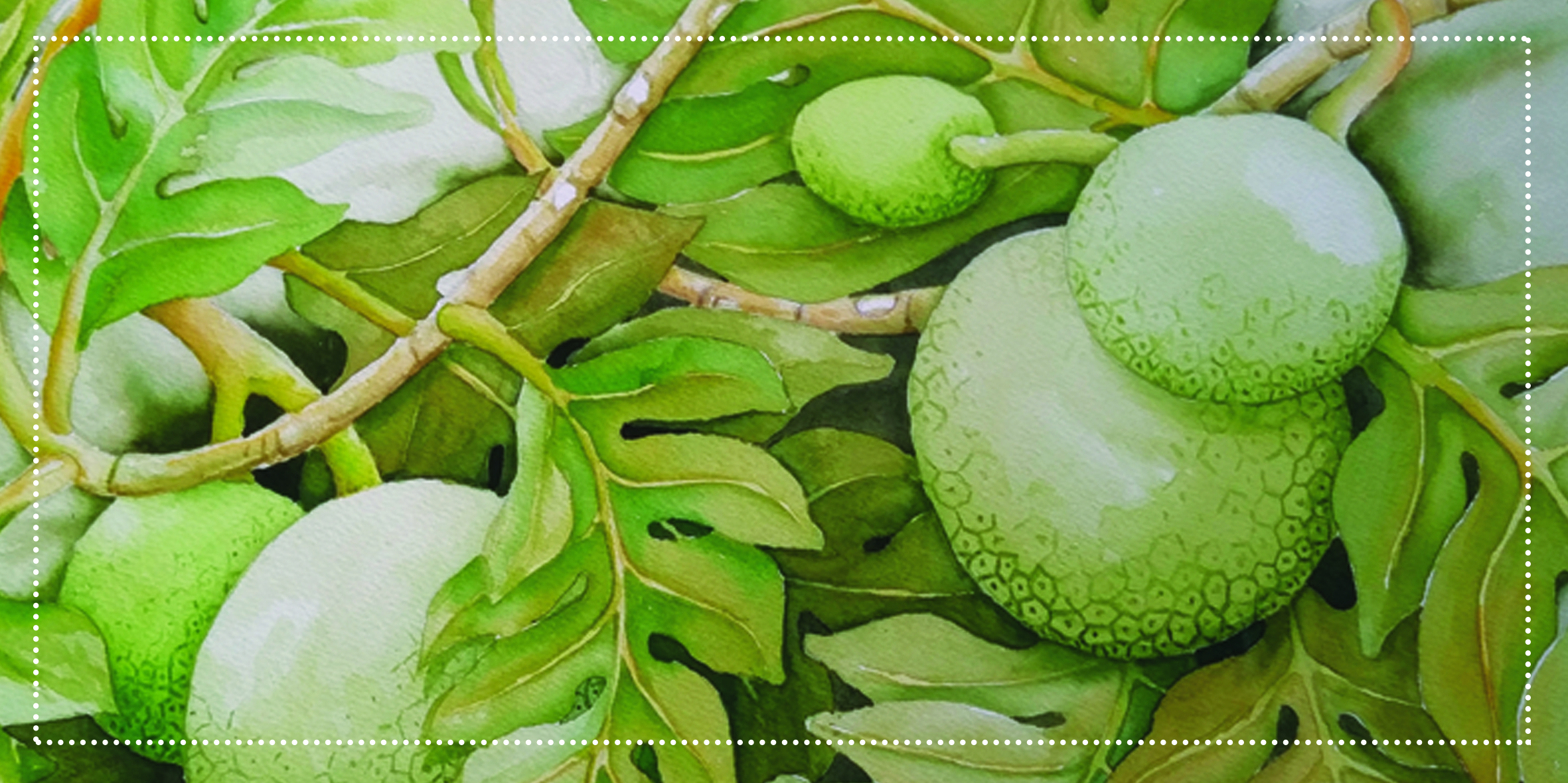June 2021
Regional Consultation on Forgotten Foods in Asia Pacific (28/5)
 Farmers in the Pacific are adapting to challenges arising from climate change and food security through the Pacific Breadfruit & Seed Programme IMAGE: Polynesian Cultural Centre
Farmers in the Pacific are adapting to challenges arising from climate change and food security through the Pacific Breadfruit & Seed Programme IMAGE: Polynesian Cultural Centre
Bhutan. Philippines. Indonesia. Cambodia. Laos. Vietnam. Nepal. Bangladesh. India. Sri Lanka. Pakistan. Taiwan.Mongolia. Fiji. Samoa. Kyrgyzstan. Tajikistan. Timor-Leste.
These places in the Asia Pacific region were all consulted to seek information and set priorities from collective action to promote research, innovation, education, sustainable production, processing, marketing and consumption of forgotten food.
All were able to identify initiatives to facilitate and promote the cultivation of traditional food crops through progressive actions like technological development, with plans for a comprehensible and actionable draft Manifesto on Forgotten Foods in the Asia-Pacific region.
It will provide stakeholders in the wider community a basis for global actions linked to local initiatives.
Yet over the past decades, many of these nations are being challenged by modern and industrialised agriculture with consequent changes in policies and programme priorities that has effectively replaced traditional foods and now almost a forgotten food.
Meanwhile, the Pacific appears to be surging ahead with the Pacific Breadfruit & Seed Programme that aims to boost domestic food production in response to climate change and food security. Prioritized by the Pacific Island Farmers Organisation Network, it means more farmers than ever before are now taking active measures to effectively adapt to current challenges.
Let’s look at how Sri Lanka and India are currently managing the promotion and cultivation of traditional foods:
Sri Lanka – Affiliated Farmers’ Organizations of the Lanka Farmers’ Forum (LFF) and Ecological Agricultural Producers’ and Entrepreneurs Cooperative Society (EcoAPECoop) are working with food producer organisations and their members in 9 districts.
LFF and EcoAPECoop are lobbying for national and regional level policy changes to enable and protect the farmers rights to grow, conserve and market indigenous and traditional crop and seed varieties.
India – The Self Employed Women’s Association (SEWA) in India has established a rural distribution network called RUDI, which buys local crops such as pulses, turmeric, spices, from their farmer members, and then process and package these in their RUDI centers, subsequently it is distributed to rural women through women members called RUDIbens or to feeding centers for children.
Knowledge exchange, seed exchange, farmer-to-farmer exchange and technical exchange was one of the first and most effective measures taken by farmer organisations, the fact that many of the crops are traditional made its promotion and cultivation easy.
Long-standing challenges surrounding traditional crops including access to resources, markets, fair prices, appropriate programs and extension services means the solution requires an innovative approach that ensures holistic food to enhance nutrition security.
With public awareness of traditional food crops becoming increasingly important, the Manifesto on Forgotten Foods in the Asia Pacific region will empower custodian farmers, particularly women and youth, in their practices to conserve, cultivate and sell forgotten crops and foods for nutrition, climate change resilience and identity conservation.
